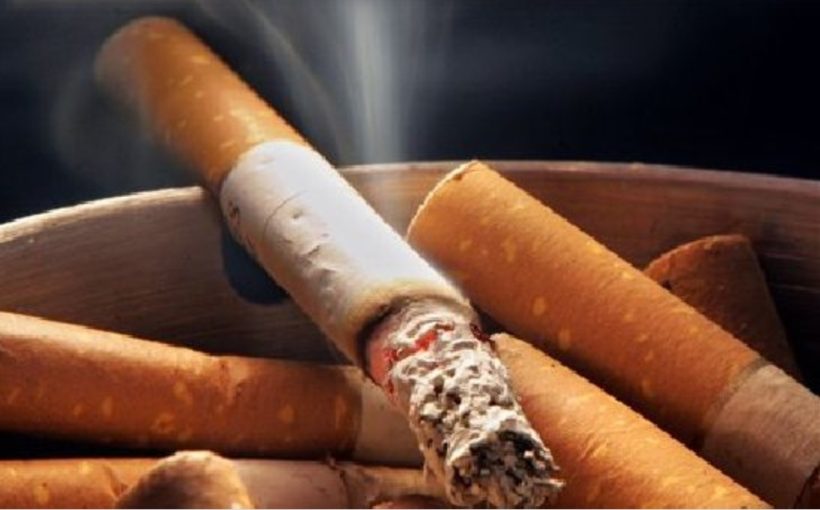
Smoking pot doesn’t do your heart or your brain any favors, a pair of new studies shows.
Frequent pot smokers are more than twice as likely to suffer a stroke compared with those who don’t partake, the first study found.
They’re also more likely to be hospitalized for a dangerously erratic heart rhythm, according to the second study.
Both studies are to be presented at an upcoming meeting of the American Heart Association (AHA), in Philadelphia, Nov. 16 to 18. Research presented at meetings is typically considered preliminary until published in a peer-reviewed journal.
The findings are “thought provoking at a time when there is a great push to legalize marijuana, and the herb and its metabolites are being promoted as a cure-all for a myriad of medical conditions and ailments,” said Dr. Ranjit Suri, an electrophysiologist at Mount Sinai St. Luke’s in New York City. Suri was not part of either study.
The first study found that non-smokers who use marijuana more than 10 days a month are nearly 2.5 times more likely to have a stroke versus non-users.
For the study, researchers evaluated federal survey data on more than 43,000 adults, aged 18 to 44, of whom about 14% reported using pot in the last 30 days.
The study team was surprised that people so young had such an elevated stroke risk, said lead author Tarang Parekh, a health policy researcher at George Mason University in Fairfax, Va.
“Young cannabis users, especially those who use tobacco and have other risk factors for strokes, such as high blood pressure, should understand that they may be raising their risk of having a stroke at a young age,” he said.
Prior studies have shown that marijuana can increase blood clotting and cause arteries to narrow, both of which can increase the risk of stroke, Parekh said. This might explain the observed association.
In the second study, researchers found that people who compulsively use cannabis have an up to 50% greater risk of being hospitalized for an arrhythmia—an erratic heartbeat that can increase risk of stroke, heart attack or heart failure.
The team compared more than 570,000 people hospitalized with an arrhythmia against more than 67 million patients hospitalized for other reasons, looking specifically at those diagnosed with cannabis-use disorder.
People aged 25 to 34 who compulsively used cannabis were 52% more likely to land in the hospital suffering an arrhythmia, the researchers found, while those aged 15 to 24 were 28% more likely to be hospitalized for an irregular heartbeat.
“The effects of using cannabis are seen within 15 minutes and last for around three hours. At lower doses, it is linked to a rapid heartbeat. At higher doses, it is linked to a too-slow heartbeat,” said lead researcher Dr. Rikinkumar Patel, a resident physician in the department of psychiatry at Griffin Memorial Hospital in Norman, Okla.
Doctors need to ask new stroke and heart patients about their marijuana use to better inform their treatment options, both sets of researchers concluded.
“The risk of cannabis use linked to arrhythmia in young people is a major concern, and physicians should ask patients hospitalized with arrhythmias about their use of cannabis and other substances because they could be triggering their arrhythmias,” Patel said.
However, both studies were observational and do not establish a direct cause-and-effect link between marijuana use and these conditions, Suri noted.
Dennis Thompson, Healthday Reporter


